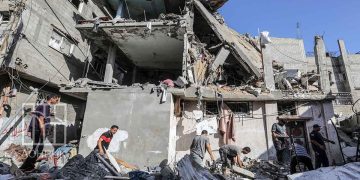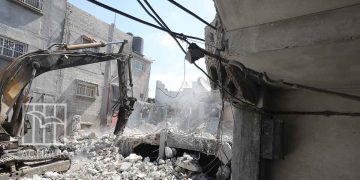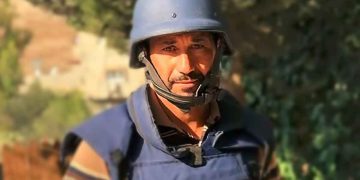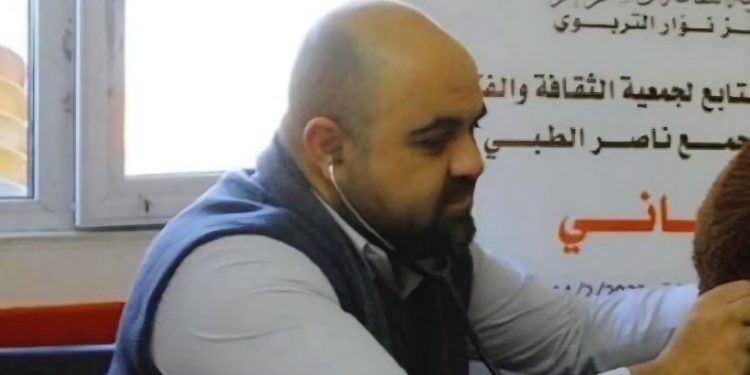Dr Hamdi Al-Najjar has died from critical injuries sustained in an Israeli airstrike that struck his home in the southern Gaza city of Khan Younis, resulting in the death of nine of his children. The incident, which took place in the Qizan Al-Najjar neighbourhood, has been described by medical professionals and observers as one of the most severe and tragic attacks on a single family since the beginning of the ongoing military campaign in the Gaza Strip.
Medical staff at a hospital in Khan Younis confirmed that Dr Al-Najjar succumbed to his wounds several days after being admitted in critical condition. The airstrike, which occurred overnight, caused a fire that engulfed the family home, killing the children instantly. Their bodies were transported to a local hospital where their mother, a paediatrician working at the same facility, was present. Witnesses and medical teams described the scene as profoundly distressing, prompting widespread outrage and grief among the community.
One child, Adam, survived the attack. He is the only remaining member of the immediate family. He was transferred to a medical facility alongside his mother and received emergency treatment. Reports confirm that no military activity or combatants were present at the family home at the time of the attack, raising serious questions about the legality of the strike and its targeting of a civilian household.
The incident is part of a wider pattern of repeated targeting of Palestinian families across Gaza. Entire households have been killed in a single strike, reflecting a broader strategy of collective punishment. Such attacks have frequently hit residential homes, shelters, hospitals and schools. Civilian casualties, including children, have become a central feature of the conflict.
Since 7 October 2023, more than 178,000 Palestinians have been killed or injured, the majority of them women and children. Over 11,000 individuals remain missing, many believed to be trapped under rubble. The healthcare system has all but collapsed, and humanitarian services are struggling to operate under the weight of siege and bombardment.
The Al-Najjar family tragedy underscores the wider impact of the conflict on Gaza’s civilian population. The systematic targeting of civilian homes has continued without reprieve, transforming areas of refuge into sites of destruction. The use of explosive force in densely populated areas, particularly against families not involved in any hostilities, raises serious concerns under international humanitarian law, including the principles of distinction and proportionality.
The ongoing military campaign has left no safe space in Gaza. Families are being eliminated within their homes, and the cumulative effect of these attacks has devastated Gaza’s social fabric. In the case of the Al-Najjar family, the father died days after losing all nine of his children, a tragedy that has come to symbolise the broader suffering endured by Palestinian civilians during the current escalation.
The continuation of such actions in the absence of accountability, and under the protection of international political and military support, has prompted urgent calls from human rights groups for the enforcement of international law and for an immediate end to attacks on civilians. The case highlights the urgent humanitarian and legal imperative to halt the violence and protect the remaining civilian population.



























